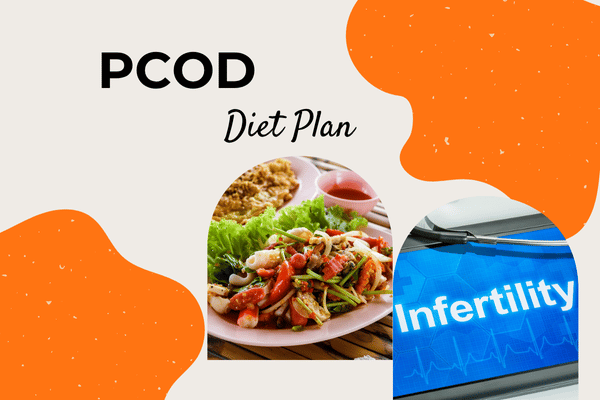Beat PCOD and Conceive
Struggling with PCOD while trying to conceive can feel frustrating and uncertain. Polycystic Ovarian Disease (PCOD) affects hormonal balance, making ovulation irregular and reducing the chances of natural conception.
Many women with PCOD successfully get pregnant by focusing on diet, lifestyle, and medical care. What you eat and how you manage stress and exercise directly impact your fertility.
This blog covers practical, science-backed strategies to support fertility through nutrition and lifestyle. It also includes expert advice from nutritionist Deepak KD and answers to common questions women face while planning pregnancy with PCOD.
Understanding PCOD and Its Impact on Fertility
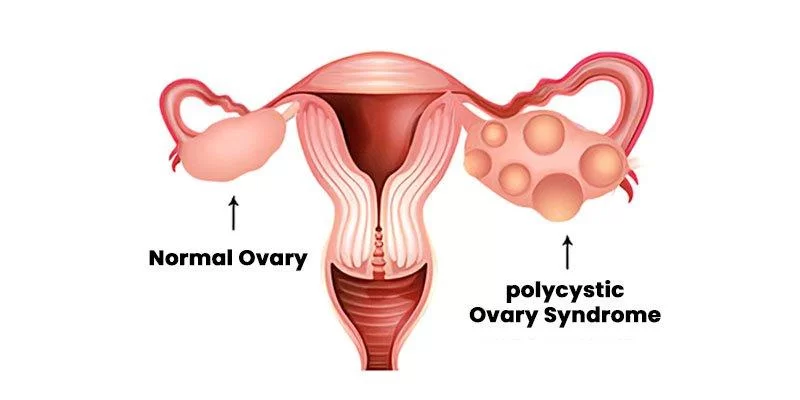
PCOD is a condition where the ovaries produce immature or partially mature eggs. These eggs may turn into cysts, leading to hormonal imbalances like excess androgens and insulin resistance.
This affects:
- Ovulation (irregular or absent periods)
- Egg quality
- Uterine lining thickness
- Weight gain and inflammation
Understanding these factors helps you take targeted steps toward better reproductive health.
Nutrition for Hormonal Balance
Diet plays a powerful role in managing PCOD and boosting fertility. Certain foods reduce insulin resistance and inflammation, which can improve ovulation.
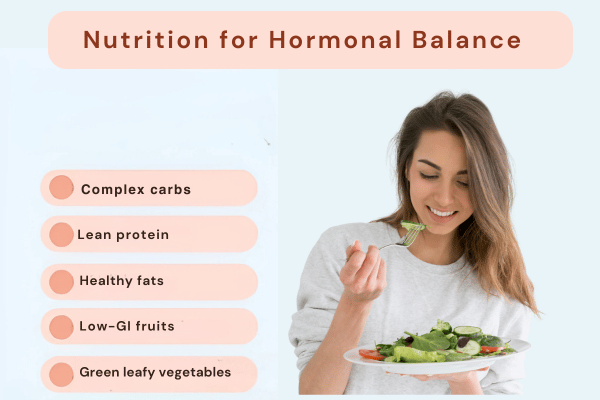
Focus on:
- Complex carbs like oats, brown rice, quinoa
- Lean protein from eggs, lentils, fish, and tofu
- Healthy fats from nuts, seeds, olive oil, and avocado
- Low-GI fruits like berries, apples, and pears
- Green leafy vegetables like spinach and fenugreek
Avoid:
- Sugary snacks, white bread, processed food
- Packaged fruit juices and sodas
- Deep-fried items
Eating smaller meals every 3–4 hours also helps manage insulin levels.
Weight Management and Exercise
Even a 5–10% weight loss can restore ovulation in women with PCOD. If you’re overweight or obese, reducing weight can improve your fertility outcomes.
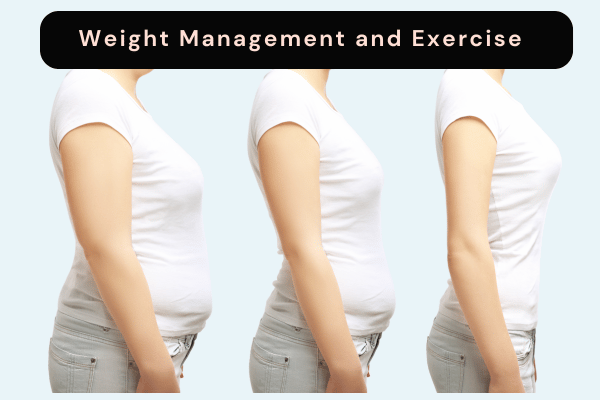
Try:
- 30–45 minutes of moderate activity 5 days a week
- Walking, yoga, cycling, or swimming
- Strength training 2–3 times per week for better insulin sensitivity
Avoid over-exercising, as too much physical stress can impact ovulation negatively.
Supplements That May Help
Certain nutrients are often deficient in women with PCOD. Supplements may support hormonal balance and egg health.
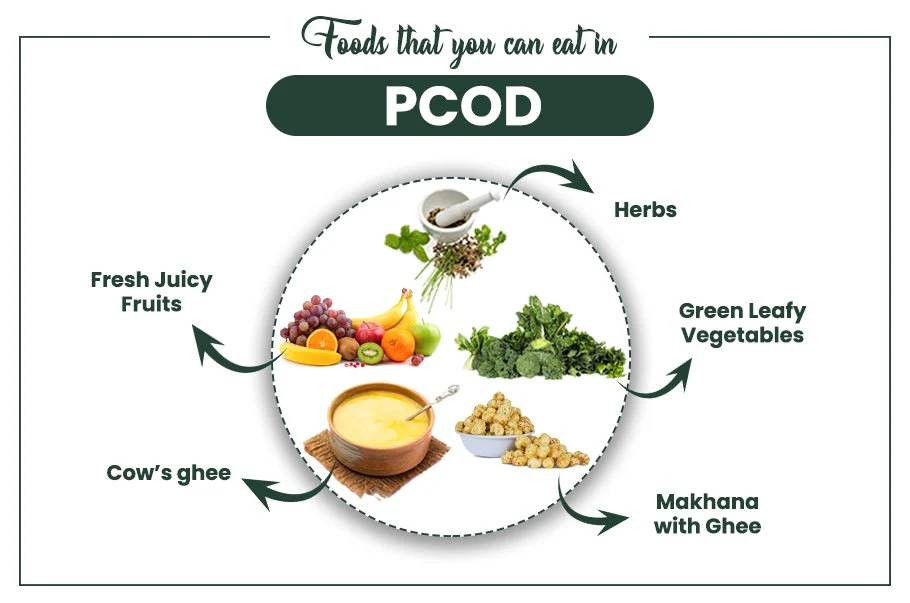
Ask your healthcare provider about:
- Folic acid (important for fetal development)
- Vitamin D (supports hormonal health)
- Inositol (improves insulin sensitivity and ovulation)
- Omega-3 fatty acids (reduce inflammation)
Always consult a nutritionist or gynecologist before starting any supplement.
Managing Stress and Sleep
Chronic stress increases cortisol, which can worsen insulin resistance and hormone imbalance.
Tips to reduce stress:
- Practice daily breathing exercises or meditation
- Limit screen time before bed
- Write a short gratitude journal at night
- Talk to a counselor or join a support group
Prioritize 7–8 hours of good quality sleep. Sleep impacts your hormonal rhythm and recovery.
Deepak KD, a practicing nutritionist at D’FAB U, Thane, specializes in clinical diets for fertility, PCOD, and maternal health. She believes every woman’s body responds differently and deserves a personalized approach.
Through her consultations, she has helped many women regulate their cycles, balance hormones, and increase their chances of conception through nutrition.
Visit D’FAB U, Kabra Galaxy, Brahmand, Thane or call the clinic directly to book an appointment.
She also sees clients at her Borivali West, Mumbai location for diet therapy related to PCOD and pregnancy planning.
Simple Meal Plan for PCOD and Fertility Support
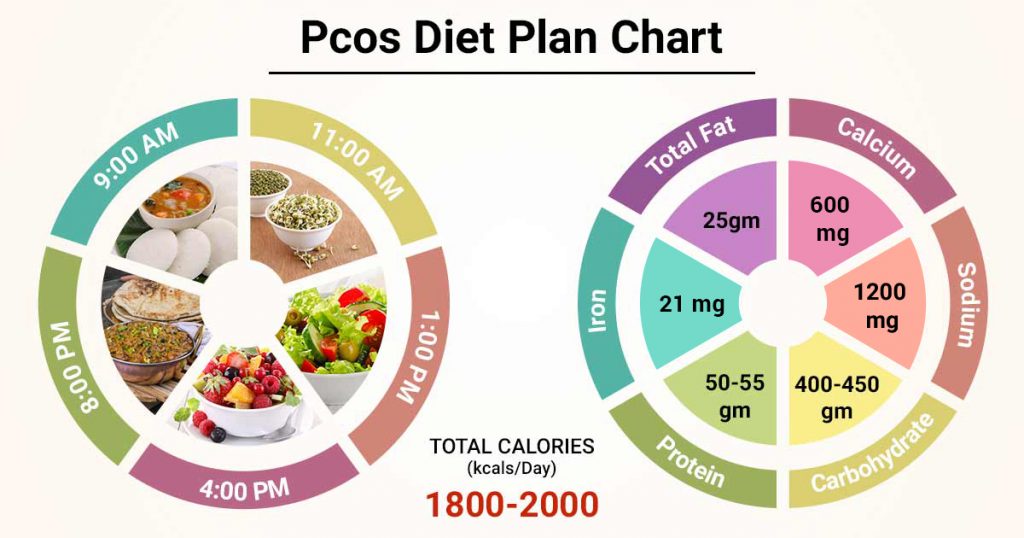
Morning:
Warm water with lemon
Small handful of soaked almonds and walnuts
Breakfast:
Vegetable moong chilla or oats with berries
Mid-morning snack:
Coconut water or a fruit (apple/guava)
Lunch:
1-2 whole wheat roti or brown rice
Dal or grilled paneer
Mixed vegetable sabzi
Salad
Evening:
Roasted makhana or green tea with sprouts
Dinner:
Quinoa or millet khichdi with curd
Steamed vegetables
Hydration: Aim for 2.5–3 liters of water daily
FAQs
1. Can I get pregnant naturally if I have PCOD?
Yes. Many women with PCOD conceive naturally by managing weight, improving diet, and regulating cycles. In some cases, fertility treatments may help.
2. Is dairy harmful for PCOD when trying to conceive?
It depends on how your body reacts. Some women benefit from reducing milk products, especially if they contain hormones. Try fermented dairy like curd or switch to lactose-free options.
3. Should I follow a keto diet for PCOD fertility?
Extreme diets aren’t recommended. Balanced meals with complex carbs, fiber, protein, and healthy fats are more sustainable and support long-term hormone health.
4. How long does it take to regulate periods with diet?
It varies. Some women see results in 2–3 months; others take longer. Consistency with diet, exercise, and stress management is key.
5. Can inositol improve my chances of ovulation?
Yes. Myo-inositol and D-chiro-inositol have shown positive effects on ovulation and insulin resistance in women with PCOD. Speak to your nutritionist before use.
Conclusion
If you’re dealing with PCOD and planning to conceive, small, consistent changes in your diet and lifestyle can make a big difference. Balanced nutrition, regular movement, stress management, and the right supplements are powerful tools for hormone health.
Consulting an expert like Deepak KD can provide tailored guidance to support your fertility journey. Every step counts—start today, stay consistent, and trust your body’s ability to heal and conceive.
